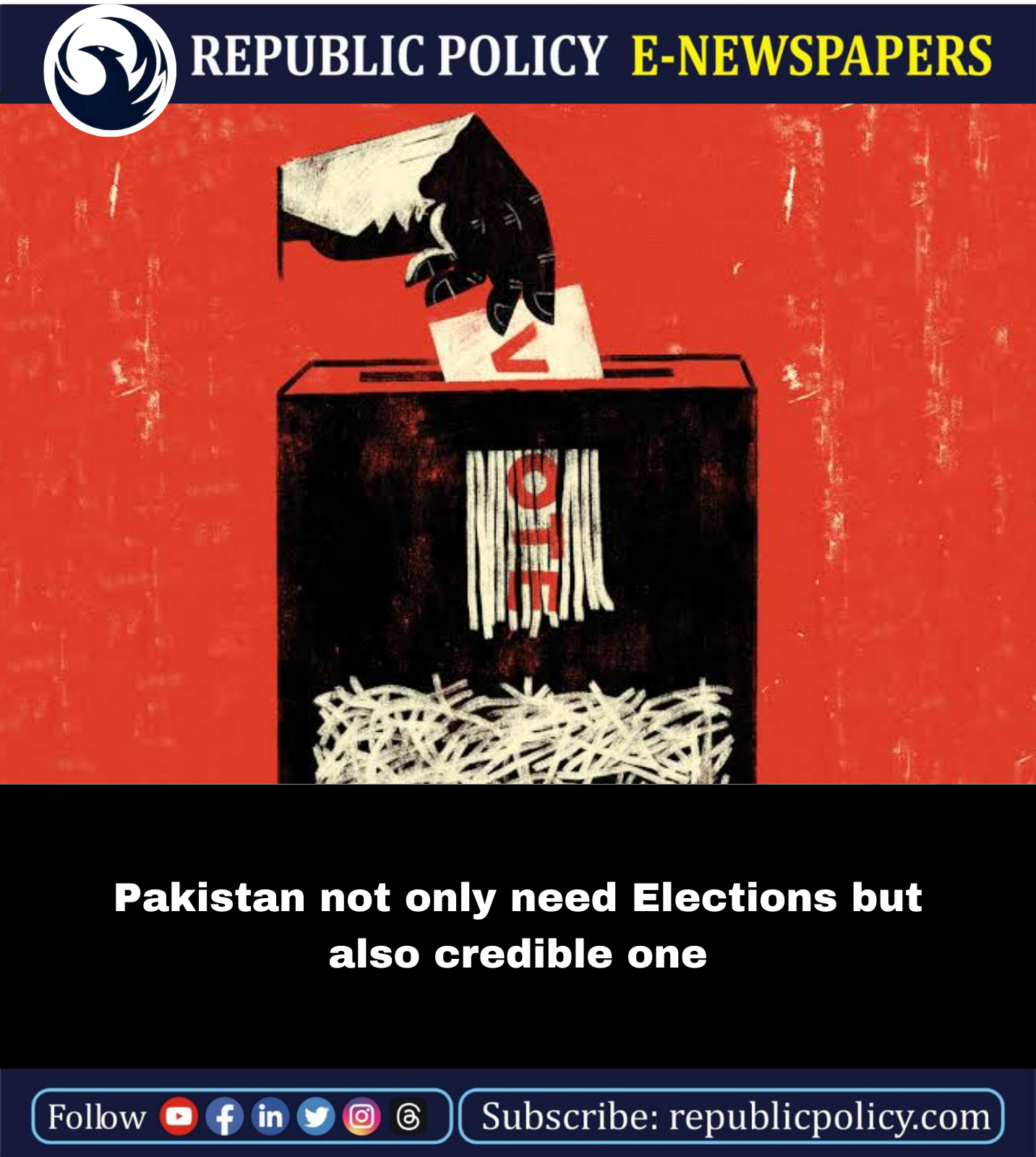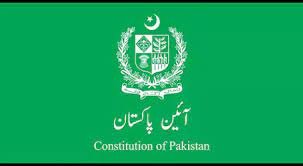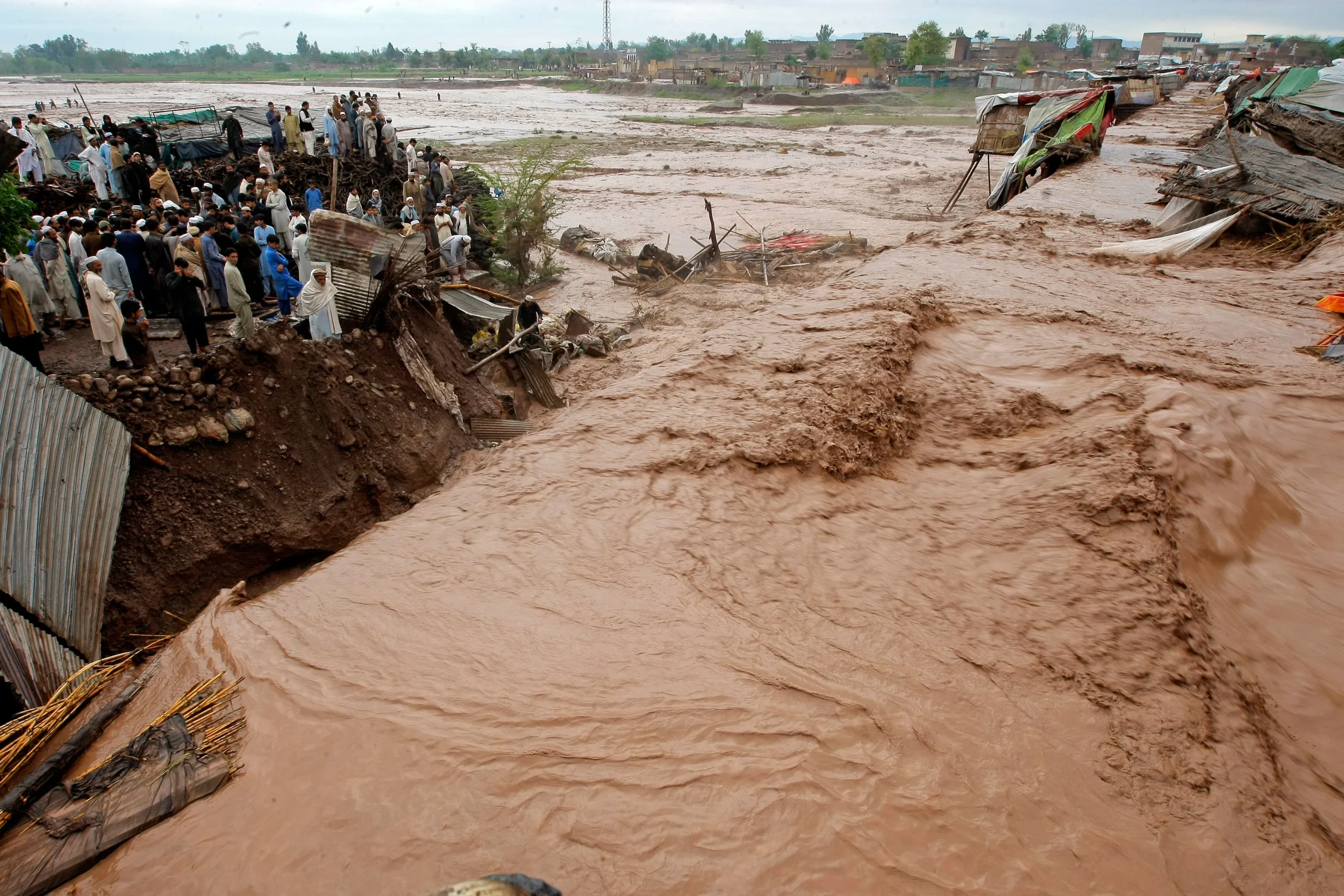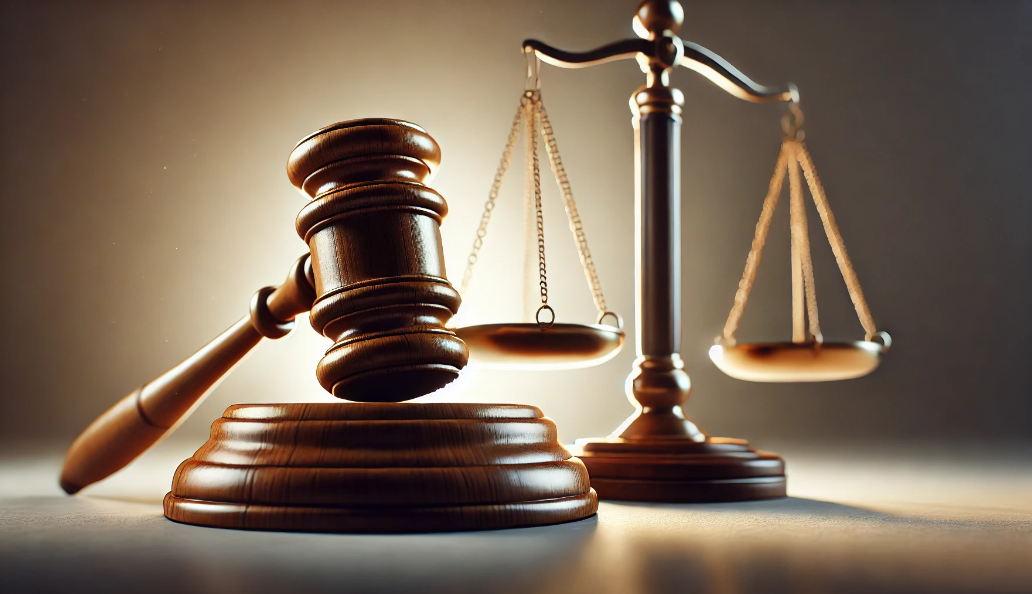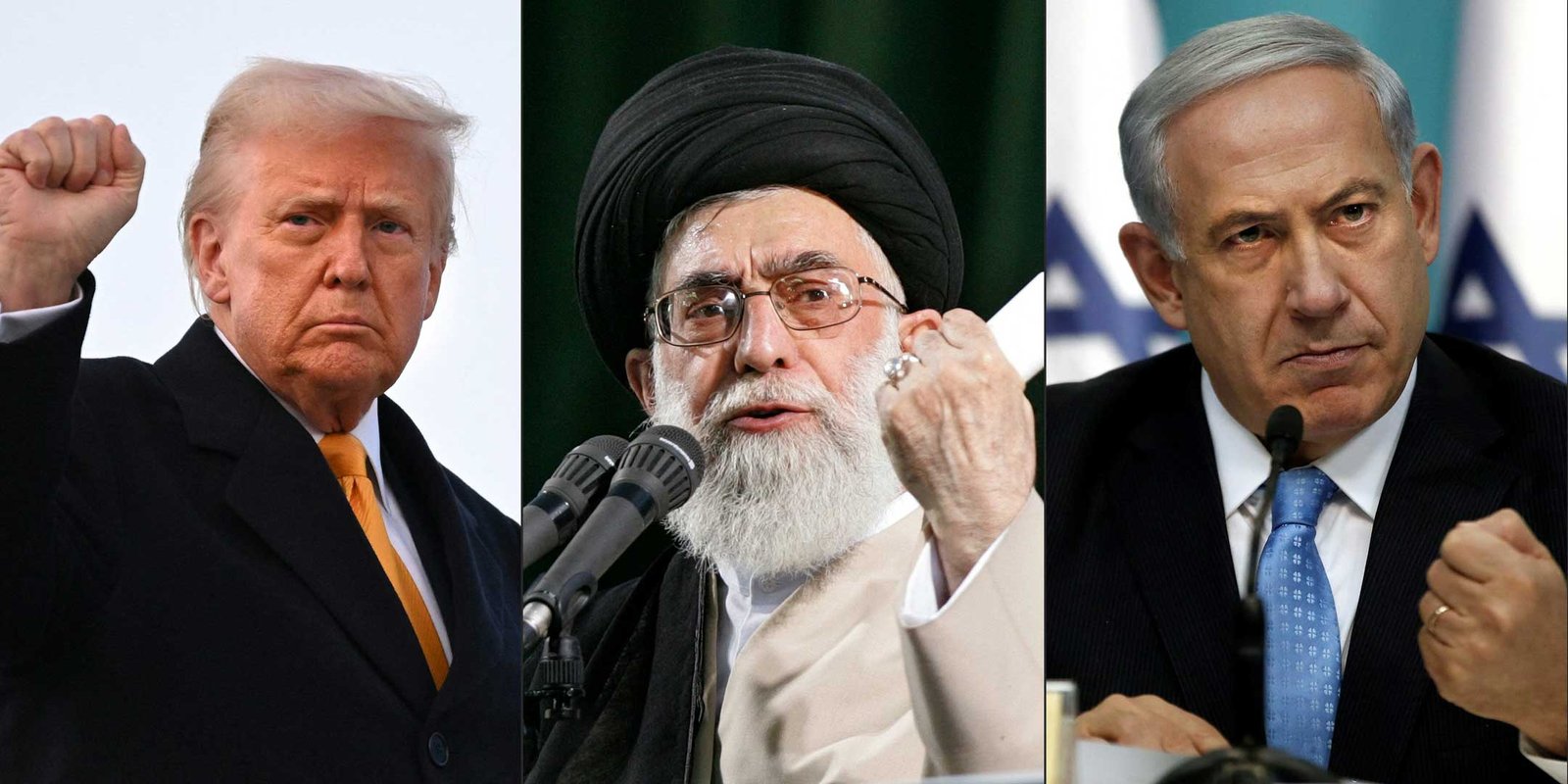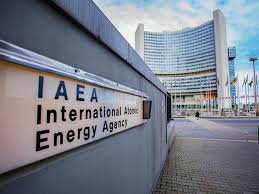Free and fair elections are essential for democracy and people’s right to elect their representatives. A free and fair election is defined by political scientist Robert Dahl as an election in which “coercion is comparatively uncommon”. A free and fair election involves political freedoms and fair processes leading up to the vote, a fair count of eligible voters who cast a ballot (including such aspects as electoral fraud or voter suppression), and acceptance of election results by all parties.
Free and fair elections allow people living in a representative democracy to determine the political makeup and future policy direction of their nation’s government. They also increase the likelihood of a peaceful transfer of power and help to ensure that losing candidates will accept the validity of the election’s results and cede power to the new government. Moreover, free and fair elections enable citizens to hold their leaders accountable for their performance and responsiveness to the public interest.
Free and fair elections are critical for Pakistan because they can help to strengthen its democratic institutions and promote stability in the country. Pakistan has faced many challenges in conducting free and fair elections in the past, such as allegations of rigging, violence, intimidation, media bias, and interference by the establishment or other powerful actors. These factors have undermined the credibility and legitimacy of the electoral process and the elected government, leading to political unrest, social polarization, and public dissatisfaction.
The public can ensure free and fair elections by participating actively in the electoral process, such as registering to vote, educating themselves about the candidates and issues, campaigning peacefully for their preferred parties or candidates, monitoring the voting and counting process, and reporting any irregularities or violations. The public can also demand transparency and accountability from the election authorities, the political parties, the media, and the civil society organizations involved in the electoral process. The public can also support electoral reforms that aim to improve the legal framework, the electoral management, the voter registration, the ballot access, the campaign finance, the media access, the voting process, the role of officials, and the counting of votes.
Lastly, Pakistan not only requires timely elections but also free & fair elections for political stability critical for economic and social empowerment.



